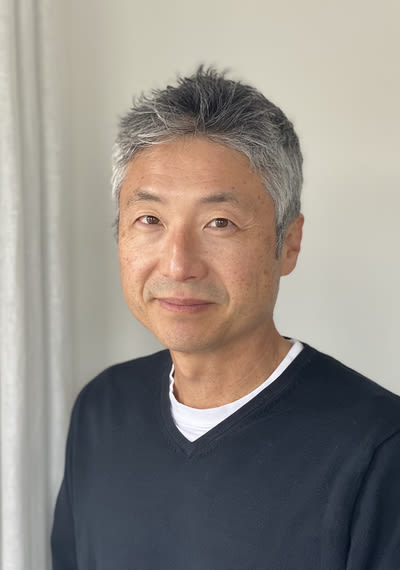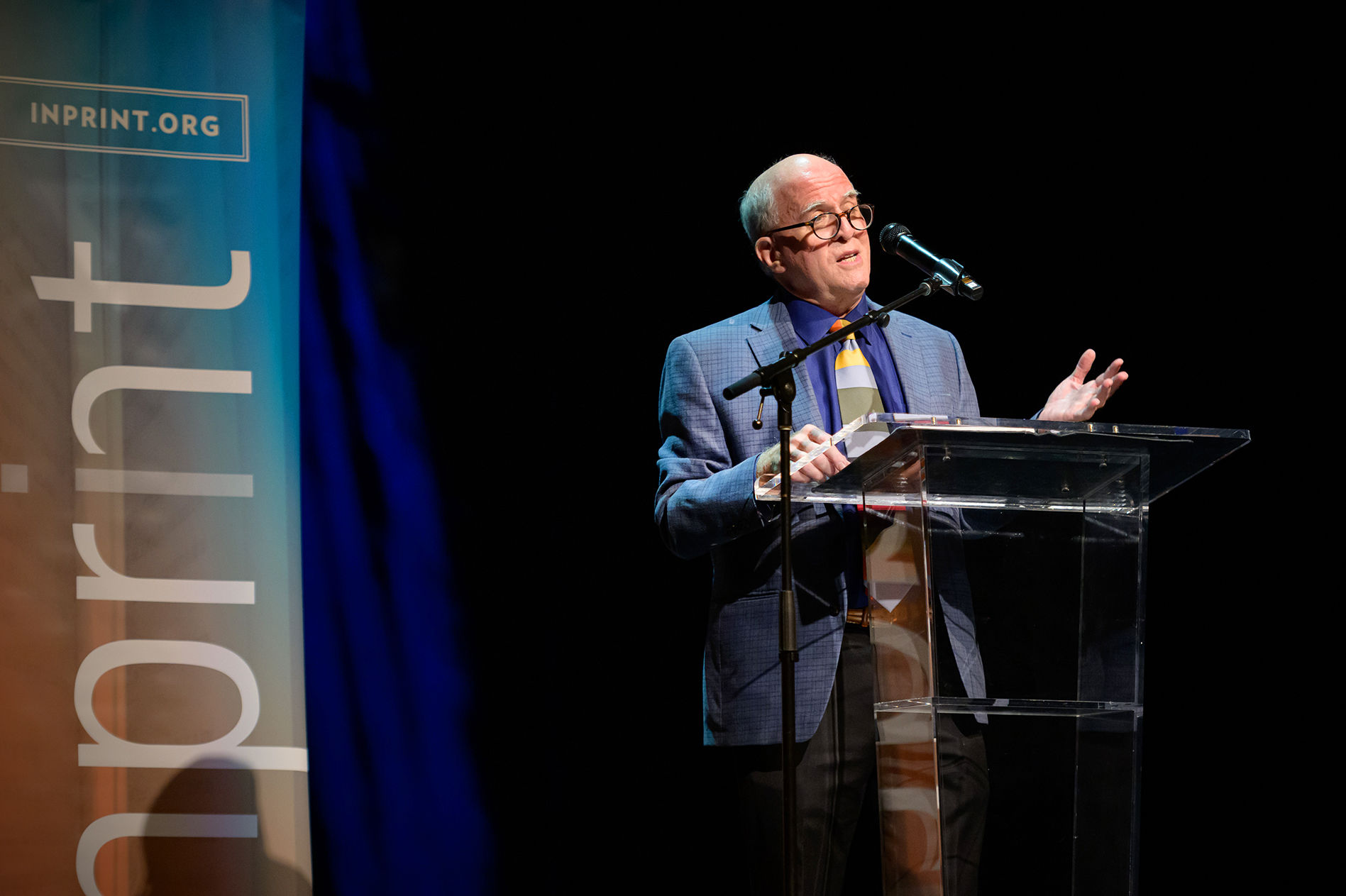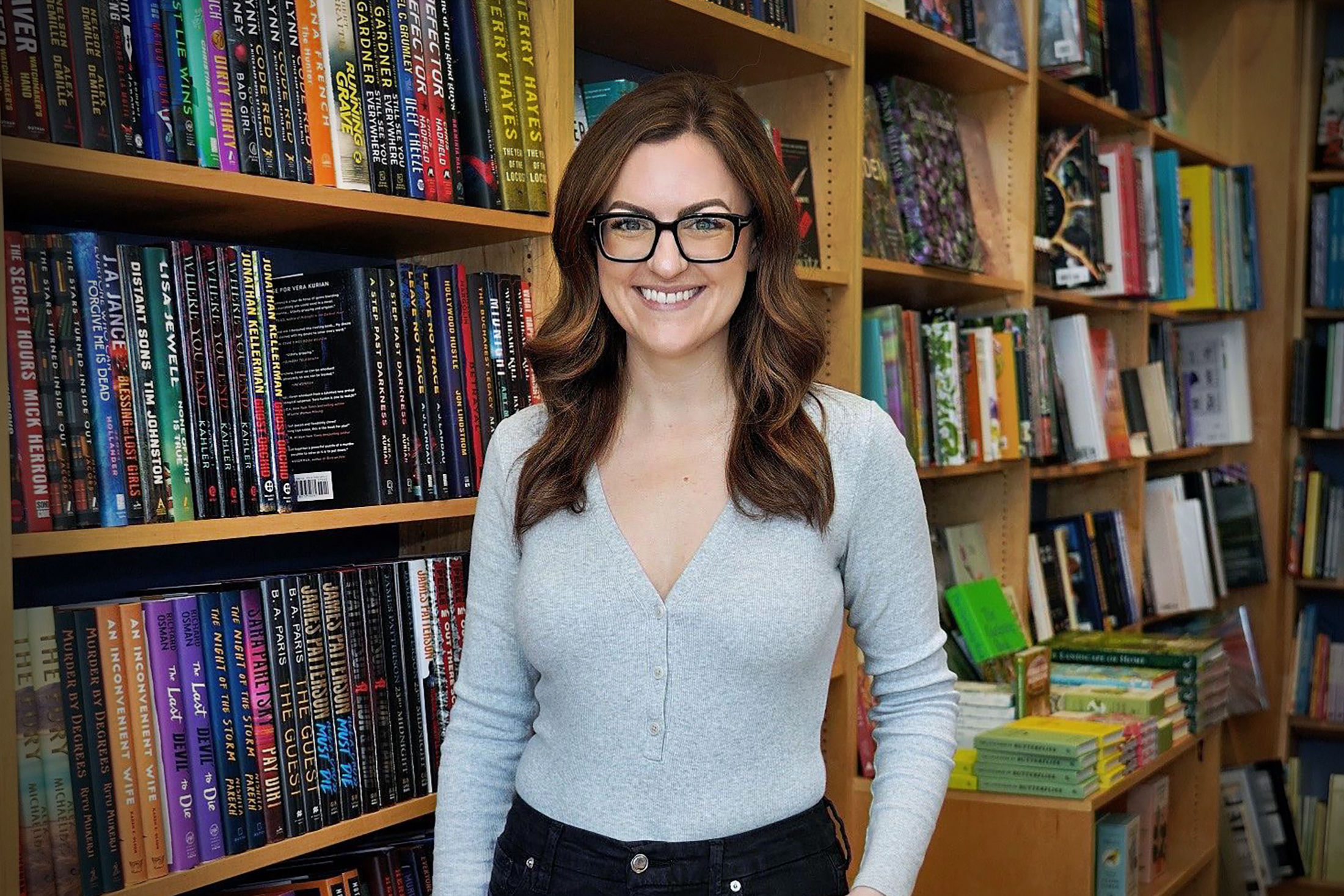Writer Chang-rae Lee, Unleashed

Image: Courtesy of Inprint
Frequent readers of award-winning novelist Chang-rae Lee’s work might find themselves shocked when they get a taste of his newest novel, My Year Abroad.
It’s a radical departure from his previous work, featuring a fresh, funny sensibility that only Lee could render. The book follows a 20-something named Tiller on a wild romp across Asia with his equally enigmatic and charismatic mentor named Pong, who’s eager to provoke the potential he sees in Tiller. Alexandra Schwartz writes in her New Yorker review of My Year Abroad that “Lee writes like a man released from a cage.”
Why the change?
Lee said the freshness and possibility of Tiller’s perspective was what excited him most because it provoked his own curiosity.
“This book is kind of a hybrid of a coming-of-age novel and a midlife crisis novel,” Lee said. “I didn’t want to write a midlife crisis novel because I find them so utterly dreadful in the usual way. I wanted to capture someone who’s at the beginning of his recognition of himself in the world and to see where that might lead him.”
On Monday Lee will read from My Year Abroad as he headlines the sixth installment of InPrint’s 2020-2021 Margarett Root Brown Reading Series with fellow author Lily King. We caught up with Lee to talk about his new novel before the event.
The style of My Year Abroad is so distinctive: you have these big, blocky bildungsroman paragraphs, but they’re interspersed with Tiller saying things like “IMHO.” What was it like working out what you wanted the book to look and sound like in terms of the style?
The tone, the cadence, the lyric he’s going to sing—both literally and figuratively—for me was an early and abiding interest. I’m keenly passionate about language. I always have been. But I think this book, as you say, is in quite a different register. I think most of my other books—in part because of their historical subjects, the time of life—they’re quite serious. And in a way, looking back at it, the way that I narrated those books, whether in first- or third-person, was with a mournful heart. (Laughs.) Or at least measured and quite circumspect. And with Tiller, I really wanted to have him spread his wings and fly and swoop, be profane, be childish, be soulful: be everything that he was feeling inside.
I absolutely didn’t want to try to say, “This is exactly how a 20-year-old would sound.” It’s not a transcript like that. It doesn’t mean to be, and it’s not intended to be. What I did want was to try to find a score for all the diversity of his soul. And it’s both boyish and old soul, participating in the popular culture, but also being a keen observer of it. I had a different kind of liberty here that I quite enjoyed.
Confidence in its many forms becomes crucial to the book. We start with the epigraph from Thomas Mann’s Confessions of Felix Krull, Confidence Man, and Tiller ultimately realizes that he might’ve been conned into becoming “a person many factors more capable, a person who might not have otherwise bloomed.” What made confidence such a compelling theme to work through? We normally see confidence flattened out into this positive thing, but we forget sometimes that when someone says “con man,” they’re saying “confidence man.”
I think a lot of people don’t know where that term comes from! And the confidence man is exactly that: someone who blows you up, inspires you, to the point at which you have trust and self-belief, and you feel in some ways invincible. Usually in investments that end poorly, but of course, isn’t that what we do for each other? And especially for our beloved and those closest to us? Isn’t that what we are there for? To support each other—and even to the extent that it may be untrue. And maybe that’s what love is.
And this is Tiller’s journey. He starts as such a flat, unconfident character, and he’s self-styled as completely ordinary. He’s not some ambitious kid who wants to be extraordinary. His extraordinariness—whether real or illusory—is coaxed out enough in a shape that he can see it, and taste it, and maybe believe it. And that’s enough for him to keep going, even though I think in the course of the book he starts to realize, Ah, I don’t know if this is real. That’s the allure and promise of Pong, but that’s the allure and promise of the world. Sometimes, if we’re lucky, it coaxes us and brings out attributes and capacities that we didn’t know we had.
Lastly, are you worried that readers might be shocked when they google what “sounding” means?
“Well, I was shocked when I googled what sounding means. (Laughs.) And I can’t remember how I decided that would happen. Sometimes writers write about their own experience, and thankfully, this is not one of those cases. But often writers write about things that they fear, and what you fear you’re kind of curious about. (Laughs.) It’s one of those arcane things that comes up in whatever sphere of human activity that I thought was kind of outlandish and flagrant and kind of fun. But one of the things that you do as a writer is you have a character, and you’re always trying to find—and there’s an infinite number of ways—but the 500 or 10,000 things that they’re going to confront, see, do that will really bring something out in them. So I hope it does that, and it’s not just this weird sexual thing. It may be small, but it’s an important moment of revelation for Tiller in one small part of his life. I learned something from it. Maybe my readers will learn something, too.”
Maybe just turn SafeSearch on before googling too much.
“Absolutely.”
Feb 22. $5. Virtual event. More info and tickets at inprinthouston.org




